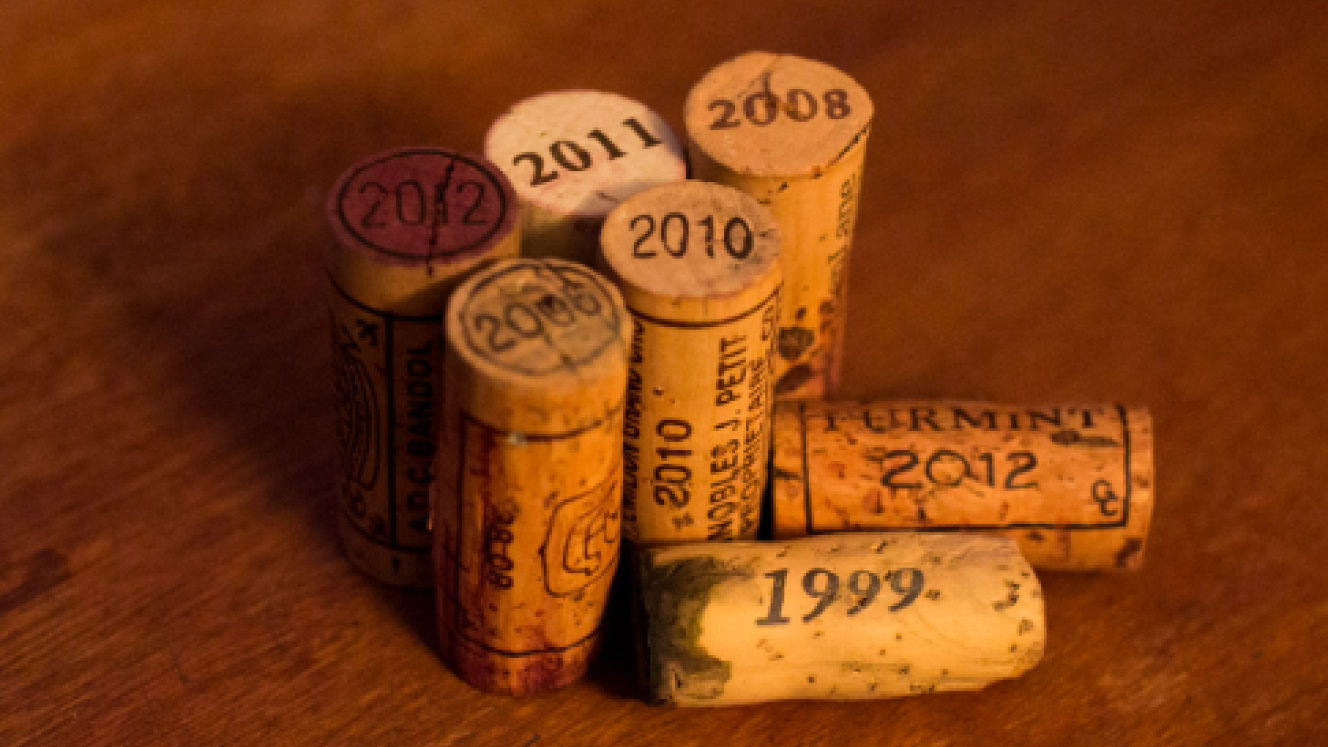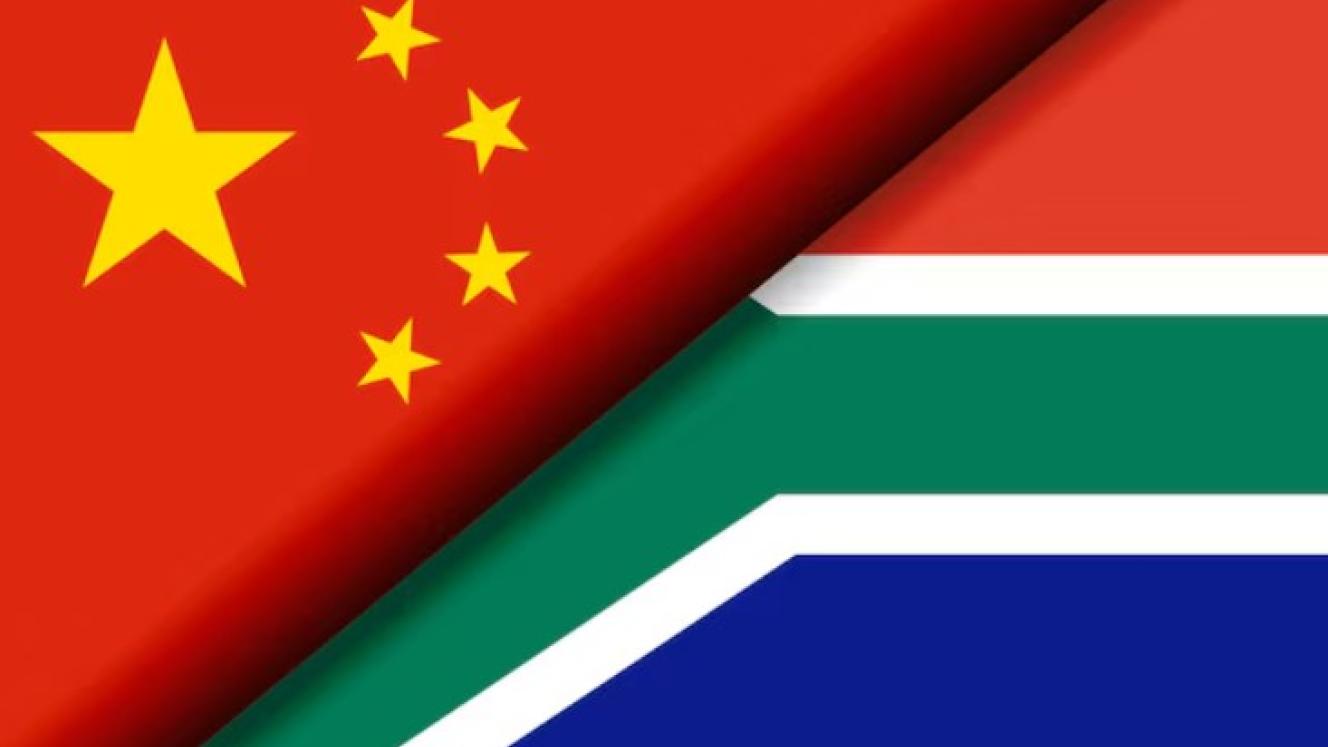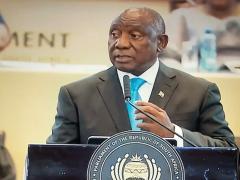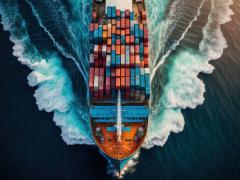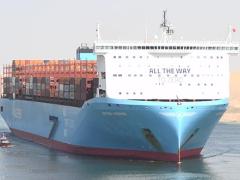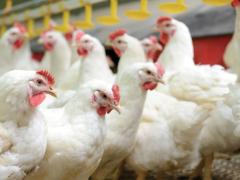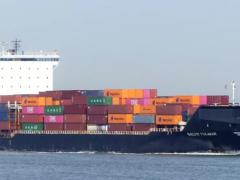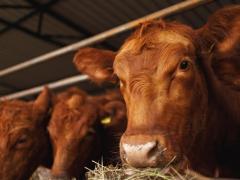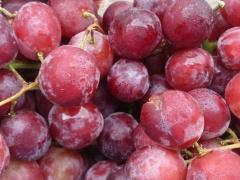A wine brokerage from Cape Town with a storage facility for some 550 000 bottles of fine wine is in the process of advocating for changes to prohibitive regulations that are holding back the exportation of South Africa’s best bouquets.
According to Roland Peens, director at Wine Cellar, the process of easing restrictions on vintage wine exports is at a sensitive stage, but has the buy-in from influential partners such as Western Cape trade and industry agency, Wesgro.
He explained that one of the issues at the moment was the bonded storage limitation of one year before penalties are incurred.
“We’re trying to change that with the Reserve Bank to get approval for longer storage to export vintage wine,” Peens said.
However, it’s a “taste test” that has to be performed by a panel of experts – not necessarily wine connoisseurs – that at face value is proving to be the biggest cost-prohibitive hurdle facing exporters.
For example, it could mean that as much as half a consignment of export wine may have to be tested in keeping with local regulations to protect international consumers, Peens said.
“Although we understand why that has to be done, it’s simply not worth it to export vintage wine.
“If you’re exporting a shipment of Kanonkop Paul Sauer 10 or 20-year-old, and a few of those bottles have to be opened to be tested, it becomes impossible to export if you keep in mind that each of these wines retails for about R4 000 a bottle.”
Overall though, the fine wine picture for vintage exports from South Africa was slowly changing, Peens said, with innovative winemakers trying new things and the appreciation of good wine being reflected in strong, competitive prices.
Since the end of apartheid, especially since the turn of the century, local wine has made rapid inroads into the international market, with strong interest serving as a solid indicator of where the market is headed.
Said Peens: “South African wines are so well regarded around the world now that the top producers are beginning to sell more offshore than they are selling locally.
“Some sell about the same amount locally as they sell internationally, but because so much of our really good wines are beginning to move offshore, it makes it a hedge against the depreciating rand.”
As a result of the rapid rise of local wine brands, thanks in large part to the prominence of successful fine wine auctions by the likes of Strauss & Co, South Africa has a real shot at becoming part of the international fine market worth about R100 billion per annum.
Unfortunately, because of restrictions on vintage exports, the country’s top wines aren’t traded on lucrative platforms like Liv-ex, holding back prosperous opportunities for South African wine to be recognised as an asset class.
Peens said it needed to be kept in mind that countries like France, Italy and the United States, world leaders in treating wine as an asset class, had started giving viticulture its investment dues back in 1855 when, under the rule of Napoleon III, they had started an investment registry called the “1855 Bordeaux Classification”.
It served to compile an index of fine wine for bon vivants like American statesman and President, Thomas Jefferson.
A hundred years later, and South African wine is still nowhere near inclusion on the international fine wine scale.
The advent of apartheid only made matters worse.
“We only seized things like new cooling of wineries and new barrels back in the 80s, so we’re far behind in the fine wine process," Peens said.
However, along with the new generation of winemakers, things can change for South Africa’s vintage wine prospects on the international stage if we start thinking differently about the inherent value of vintage wine, he believes.
